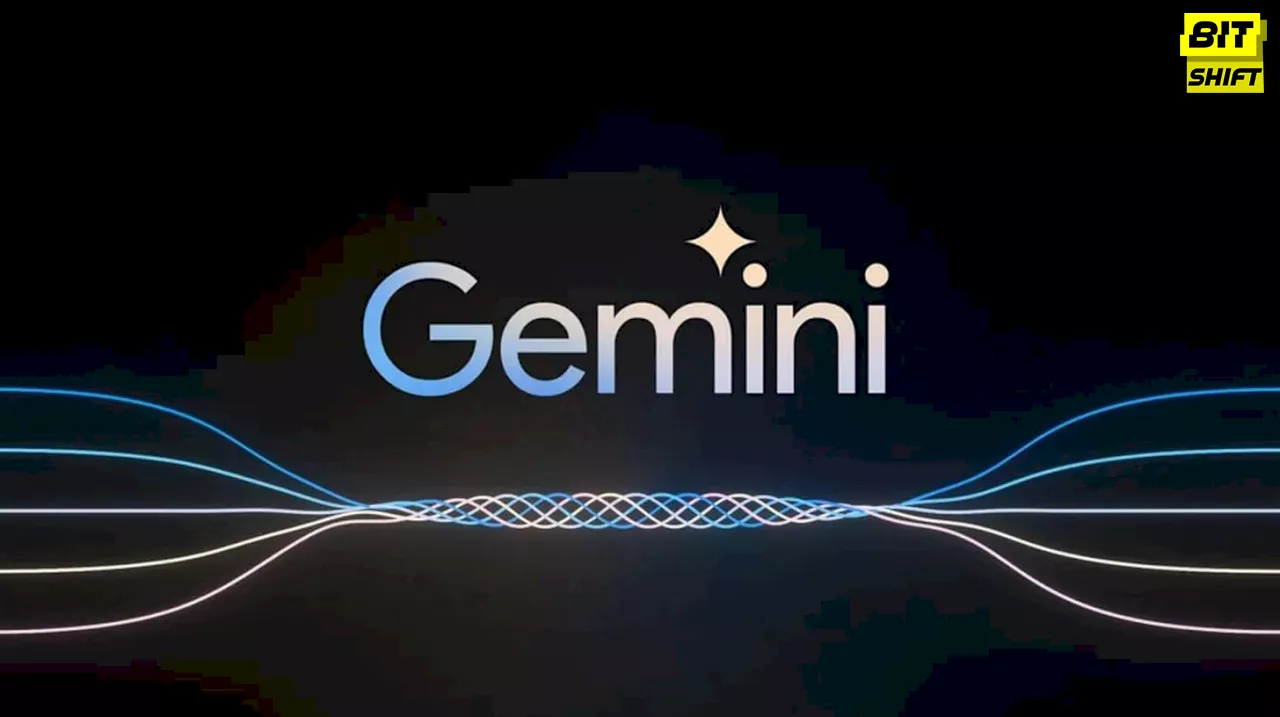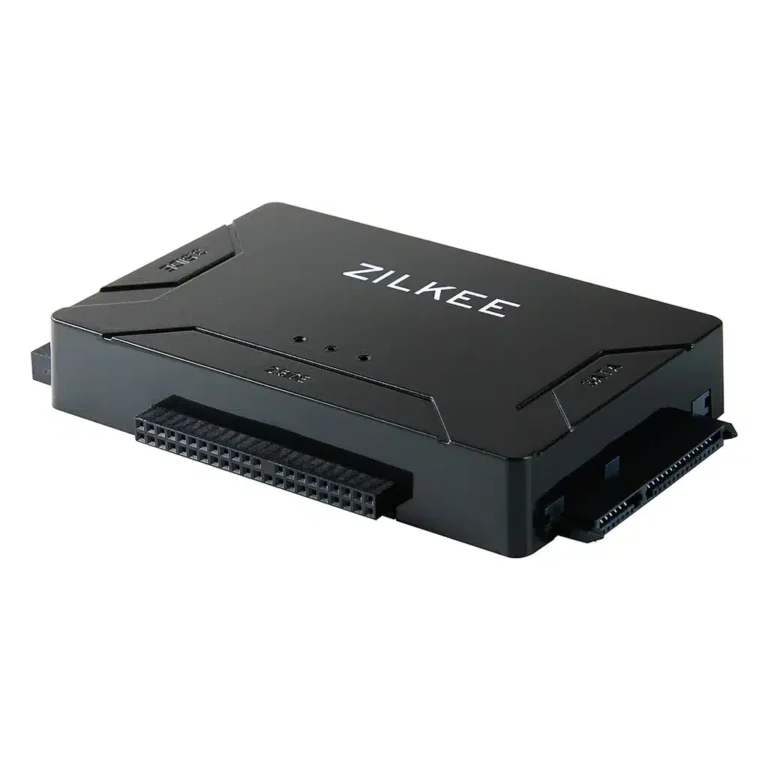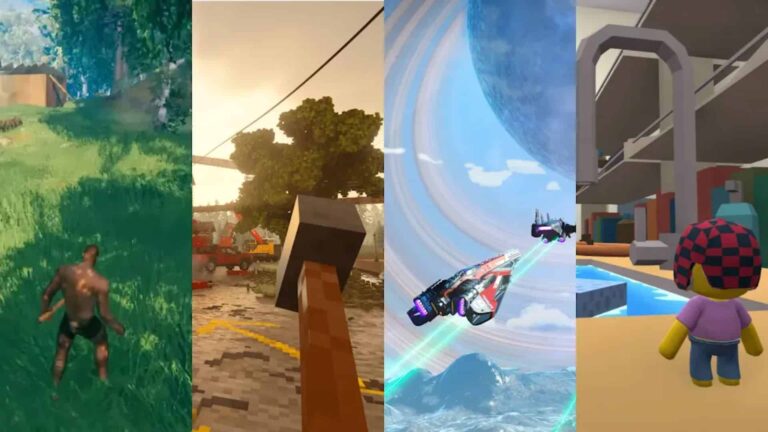
Summary
The intricacies of Google’s Gemini and OpenAI’s GPT-4 are two of the most impressive AI models. It explores the capabilities of each, their applications, and the potential implications for the future of AI.
Two names dominate the scene in the artificial intelligence world: Google and OpenAI. OpenAI, with its GPT-4 large language model, has been the talk of the town, powering ChatGPT and setting a benchmark in the AI industry. But now, a fresh challenger has entered the scene – Google’s Gemini. Bursting onto the scene in December 2023, Gemini stunned AI enthusiasts with its impressive capabilities. But the question that lingers is, how does it stack up against OpenAI’s GPT-4? Let’s dive deeper into the world of AI to find the answers.
Understanding Google Gemini
Gemini is Google’s latest large language model (LLM). It underpins various AI tools that we interact with daily. In Google’s case, Gemini is integrated into many tools, such as the Bard chatbot, Google Search, YouTube, and more. Gemini is not a chatbot but the “brain” that powers these tools. Google has also crafted three variants of Gemini: Nano, Pro, and Ultra. Nano is now inside the Pixel 8 Pro and destined for other mobile devices, while Gemini Pro has already found its way into Google Bard. Ultra, meanwhile, is designed for “highly complex tasks” and is set to come to Bard once Google has completed extensive testing and safeguarding.
What Can Gemini Do?
Google’s Gemini is a multimodal AI tool, meaning it can handle multiple forms of input and output, including text, code, audio, images, and videos. This versatility enables it to perform a wide array of tasks. Google showcased Gemini’s abilities in a “hands-on” video during its launch event. Gemini displayed capabilities such as following a paper ball hidden under a cup, understanding a user’s sleight-of-hand coin trick, predicting a dot-to-dot puzzle before a single line was drawn, and explaining different paths on a map. However, the reality of these capabilities might not live up to the video demo’s hype.
Is Gemini Ready to Take on GPT-4?
While Google’s Gemini has some impressive abilities, it’s important to note that it still has some hurdles to overcome. For instance, Gemini has struggled with naming recent Oscar award winners, producing accurate code, and working in non-English languages. Google claimed that Gemini beat OpenAI’s GPT-4 model in almost every test, but the difference was only a few percentage points. Considering that GPT-4 has been out for nearly a year, it suggests that Google’s progress, while commendable, isn’t as groundbreaking as it might seem.
The Release and Availability of Gemini
Gemini Pro is already out in the wild, as Google Bard has been updated to include the technology. It has some limitations, though, as it only works with text prompts and is available solely in English – issues that Google promises will change soon. Gemini Ultra, designed for more complex tasks, will take a little longer to release as Google conducts extensive trust and safety checks. Google aims to add Gemini Ultra to Bard in 2024, and it can handle different modal types, from images to audio. As for Gemini Nano, it’s also available right now, albeit in a minimal way. A software update has been added to the Pixel 8 Pro smartphone.
Is Google Gemini Free?
Currently, there isn’t much information available about Gemini’s pricing. However, Gemini Pro in Google Bard is free and doesn’t require any payment or credit system. Similarly, the Gemini Nano update for the Pixel 8 Pro smartphone was free. Given its more powerful capabilities, it’s plausible that Google might charge for Gemini Ultra, similar to how OpenAI charges for access to ChatGPT Plus.
How to Use Google Gemini?
The use of Google Gemini depends on the version and the product it has been integrated into. The most straightforward way to use it is with Google Bard. Here, users enter a prompt and wait for Bard’s response. If you own a Pixel 8 Pro phone, you can use Gemini Nano using the Gboard keyboard, where suggested replies appear underneath a message from a contact. Gemini can also summarize recorded conversations, presentations, and more in the Recorder app, even without an internet connection.
Gemini vs GPT-4: What’s the Difference?
While Gemini and GPT-4 are both large language models designed to underpin AI tools, they have different claims that Gemini is more advanced than GPT-4, showing results from several benchmarks, with Gemini winning most of them. However, considering GPT-4 was released in March 2023, Gemini is essential to a nine-month-old AI tool. Currently, it’s hard to say which is the better tool.
As the AI landscape continues to evolve, the competition between Google and OpenAI will likely intensify, offering us a glimpse into the future of artificial intelligence.
Share the Article by the Short Url:






